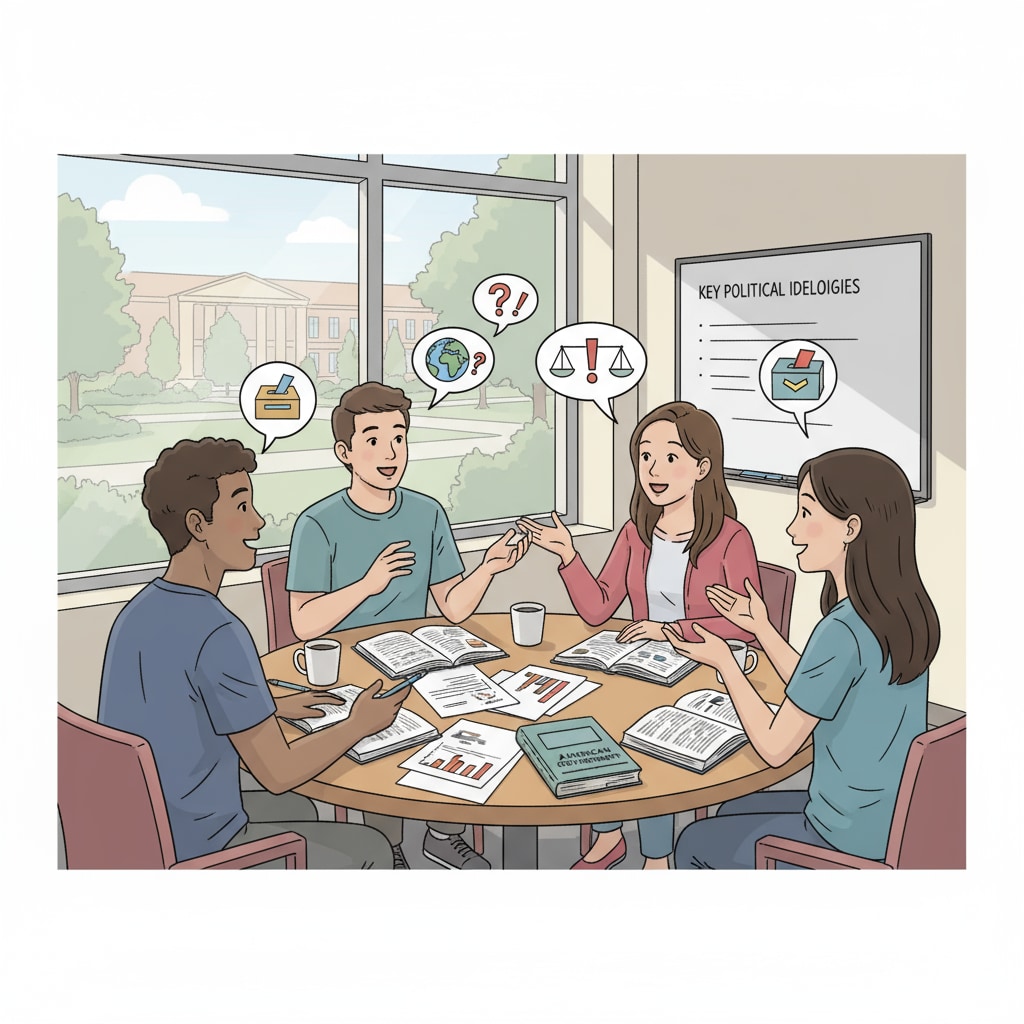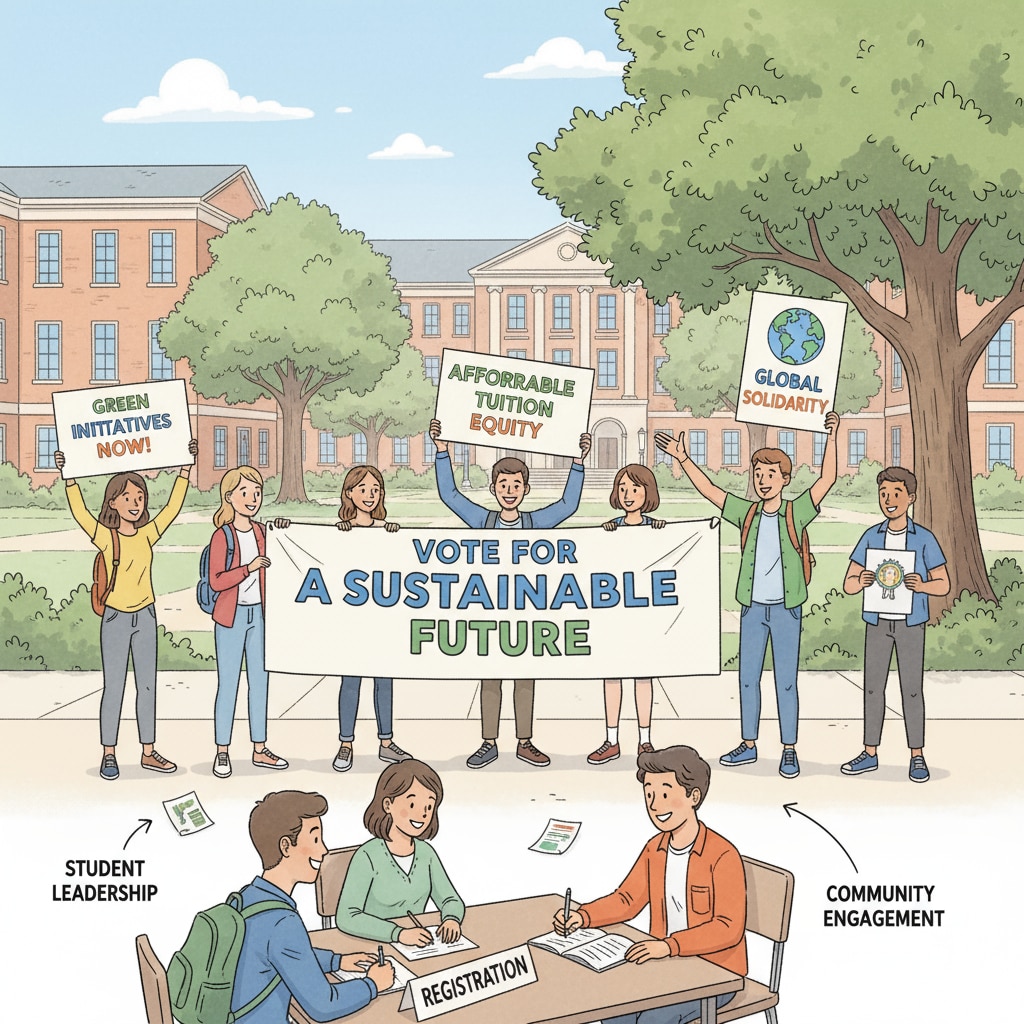College student voting, campus promotion, and political engagement are crucial aspects in shaping an informed and active citizenry. In today’s democratic society, encouraging college students to participate in the political process is not only a way to give them a voice but also a means to build a more inclusive and progressive community.

As young adults on the cusp of full-fledged citizenship, college students have the potential to bring about significant change through their political participation. This article delves into various strategies to enhance their voting rates and overall political engagement.
The Importance of Political Engagement among College Students
Political engagement among college students is of utmost significance. It serves as a platform for them to express their opinions, concerns, and aspirations. According to Wikipedia’s page on Youth Political Engagement, when students engage in politics, they can influence policies that directly affect their lives, such as education funding, job opportunities, and environmental protection. Moreover, it helps in developing critical thinking skills, as they analyze different political ideologies and positions. For example, a student interested in environmental issues may engage in political discussions to advocate for more sustainable campus practices. This hands-on experience in the political arena broadens their perspective and equips them with the tools to be effective change-makers in the future.

Campus Promotion as a Catalyst for Political Engagement
Campus promotion plays a vital role in increasing college student voting rates and political engagement. By effectively communicating the importance of voting and political participation, campuses can raise awareness among students. One approach is to organize informational sessions and workshops. These can cover topics like the voting process, the impact of policies on students’ lives, and how to get involved in local politics. Additionally, using various media channels on campus, such as student newspapers, social media platforms, and bulletin boards, can reach a wide audience. For instance, creating engaging social media campaigns with catchy slogans and relevant information can attract students’ attention. As a result, students become more informed and motivated to participate in the political process. Britannica’s entry on Political Participation emphasizes the role of effective communication in encouraging people to engage politically.
Another aspect of campus promotion is to foster a culture of political engagement. This can be achieved by establishing student organizations focused on political issues. These organizations can organize debates, panel discussions, and community service projects related to politics. By providing a space for students to interact with like-minded peers and experts, it encourages them to explore different political viewpoints and take action. For example, a student-led political club may organize a voter registration drive on campus, making it easier for students to register and participate in elections.
Readability guidance: As seen above, short paragraphs and clear lists help in presenting information in an accessible way. Each H2 section provides key points related to college student voting and political engagement. The use of active voice and transition words like ‘moreover’, ‘for example’, and ‘additionally’ makes the text flow smoothly.


